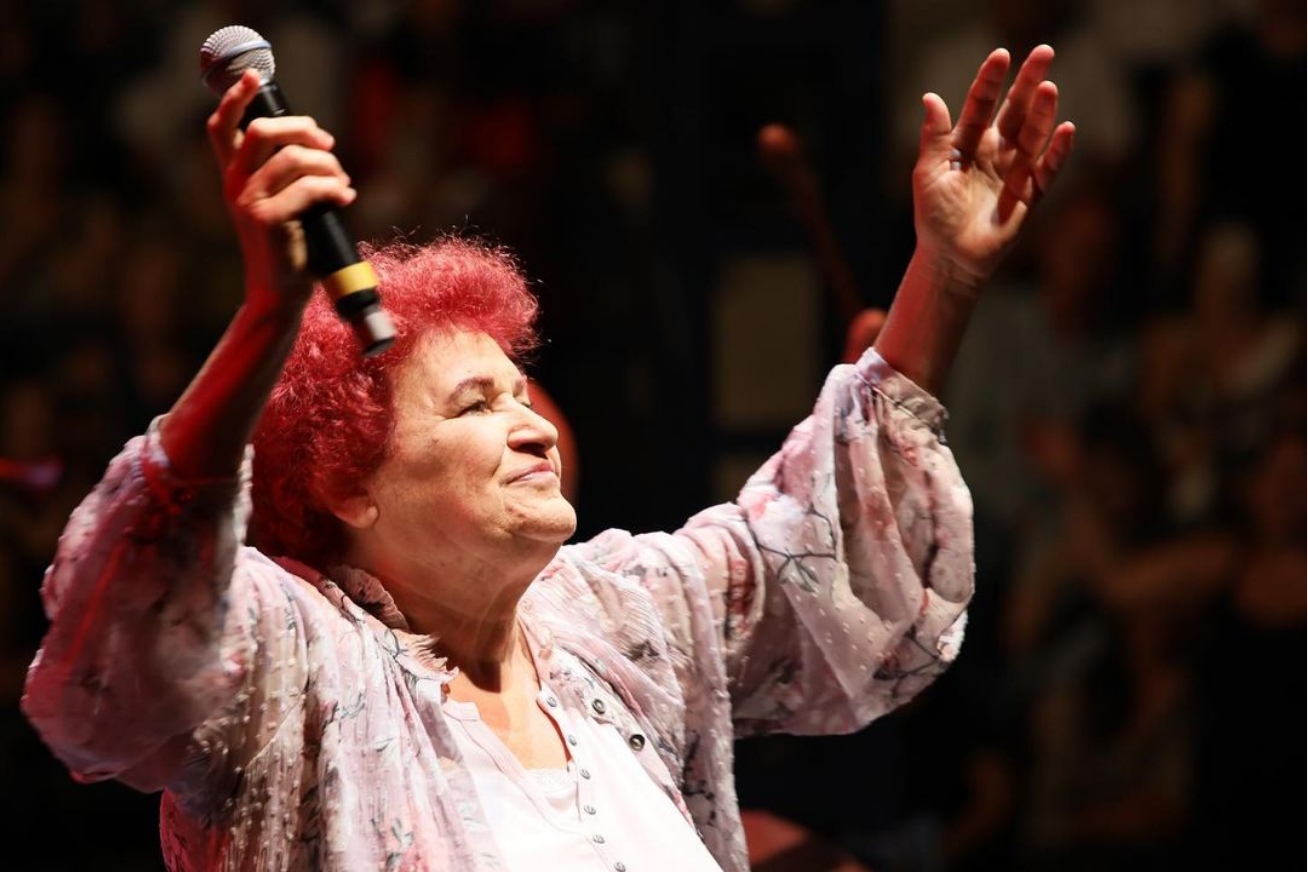Selda Bagcan, the prominent Turkish folk and protest musician, has canceled her U.S. concerts after contracting a virus.
The 75-year-old singer shared the news on social media, expressing regret for missing the shows and explaining her doctors' recommendation against travel.
My dear friends, despite wanting so much to come to my concerts in America, I won't be able to. I've caught a virus; it's a temporary illness, but my doctors haven't allowed me to travel. I'm not sure whether I should apologize to Gurkan Us, who organized the concerts, and to all of you, as this is due to illness. I hope to reschedule the dates as soon as possible and see you all very soon.
Selda Bagcan said in a health update video
Born in 1948 in Mugla, Türkiye, Selda Bagcan grew up in a family that valued education and self-expression. Her father, a veterinarian, and her mother, a teacher, encouraged her musical interests from a young age.
She learned the mandolin at age five, later exploring the guitar and developing her powerful, distinct voice. This early exposure to music would lay the foundation for a career that redefined Türkiye’s music scene.
Bagcan's musical journey took off in the early 1970s while she was a physics student at Ankara University. She began performing in Ankara's local clubs and soon recorded her first singles, which achieved remarkable popularity across Türkiye.
Her debut songs were raw and deeply emotional, rooted in Anatolian folk traditions, and featured her strong vocals accompanied by acoustic guitar or baglama. In these songs, she addressed themes of social justice, poverty, and the struggles of Türkiye's working class—issues that resonated widely in a country facing political and economic tensions.
Bagcan's music quickly gained traction, especially among left-wing groups, students and activists. She became one of the foremost voices of Turkish protest music, aligning with the era's social and political movements.
In 1972, the Turkish Ministry of Foreign Affairs selected her to represent Türkiye at the Golden Orpheus Song Contest in Bulgaria, and she soon began performing in concerts and festivals across Europe.
Her lyrics criticized inequality and power structures, making her a symbolic figure in Anatolian rock and protest music. As her fame grew, Bagcan's ability to communicate the hardships and resilience of Turkish people made her both loved by the public and scrutinized by authorities.
Following the military coup in 1980, Bagcan faced severe repercussions for her outspoken music.
During this challenging period, Bagcan remained resolute, producing music independently. She eventually established her record label, Major Music Productions, to preserve her creative freedom and maintain control over her work.
Despite government-imposed limitations, Bagcan's popularity continued to soar, particularly among the working class and politically conscious youth.
Even in periods of intense political crackdown, her voice provided strength to those facing oppression.

Selda Bagcan's music resonates far beyond Türkiye, influencing artists across genres and bridging cultures with her blend of folk and rock.
This recognition further solidified Bagcan's enduring influence and her unique role as a pioneering figure in Turkish protest music.
Bagcan's impact spans across genres and media:
Throughout her 50-year career, Bagcan has remained a steadfast advocate for human rights and equality. Her songs continue to echo the pain, resilience, and strength of Türkiye's people, amplifying the voices of those who feel unheard.
Bagcan’s deep connection to Anatolia's folk traditions and her fearless stance on social issues has made her one of Türkiye’s most respected artists. She once said, "The role of an artist is to be independent. I would oppose the existing Soviet regime if I lived in the USSR. It’s the duty of an artist to criticize existing conditions."
Today, Selda Bagcan's legacy as a musician and activist endures. Her work continues to inspire both Turkish and international audiences, bridging generations with music that speaks of suffering, hope, and the desire for justice.